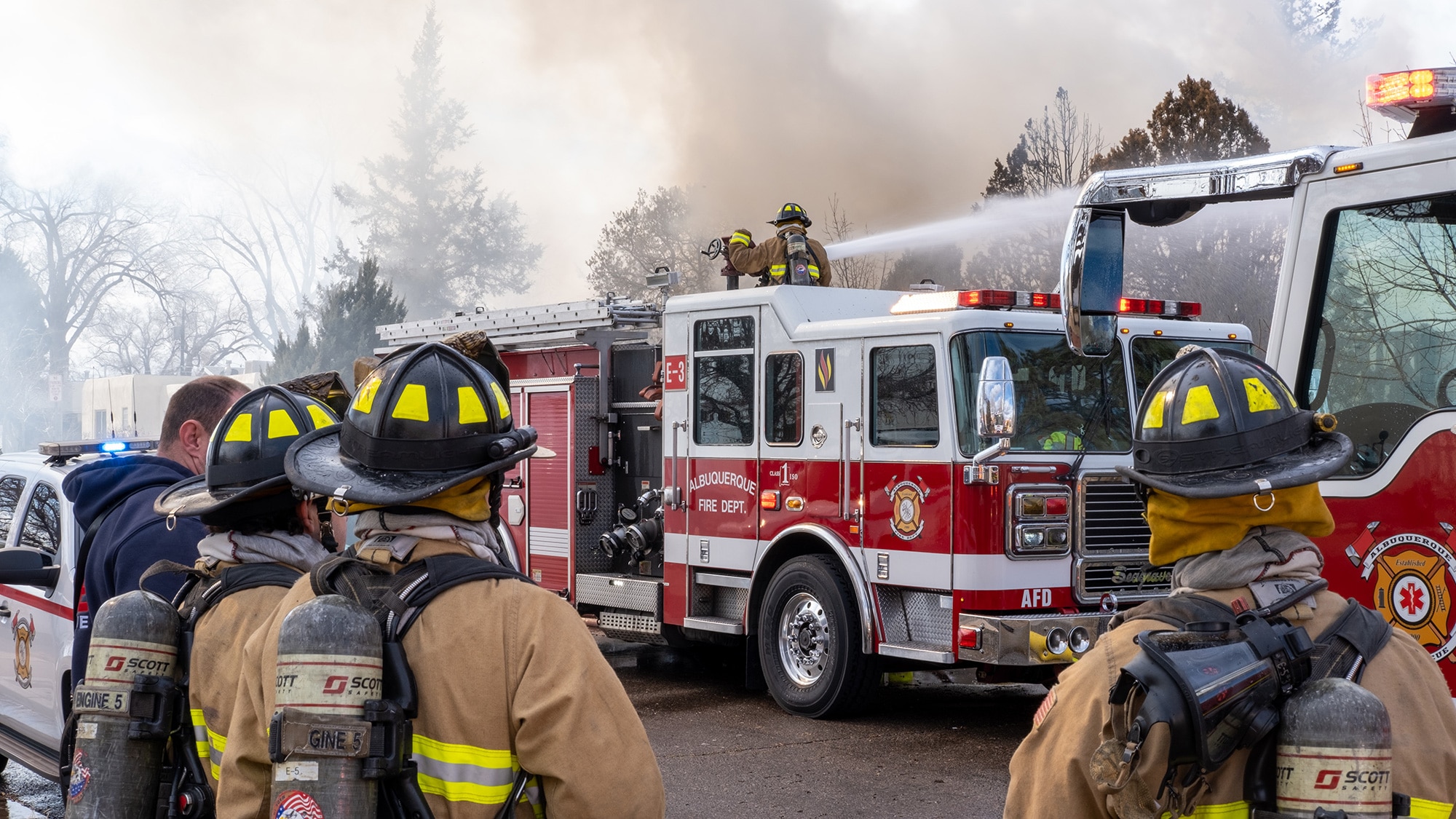Most people take for granted that in case a fire strikes, firefighters shall respond swiftly to protect the houses and businesses from devastation. As John Rose Oak Bluff underlines, many fire departments in smaller communities face issues in responding to calls promptly due to lack of volunteers and funding. A large number of fire departments in the country are made of mostly or entirely volunteers. The majority of these volunteer-staffed departments can be found in rural areas and small towns that do not have the resources to hire career firefighters.
John Rose Oak Bluff sheds light on how fire departments in smaller communities face problems due to lack of funding and volunteers
With time, fewer people are volunteering in fire departments. Moreover, long-time volunteers are aging. Due to this, fire departments in many smaller communities are short staffed today, and are unable to fight fires as effectively or quickly as necessary. In fact, the lack of volunteer firefighters has grown so critical that many people in the firefighting field consider it a crisis. In small towns, the lack of paid, around-the-clock fire departments makes it very difficult to promptly respond to emergency situations, as dispatchers scramble to reach as many volunteer firefighters and nearby fire departments as they can.
Lack of funding is a major challenge faced by fire departments in smaller communities. Volunteer fire departments in rural communities often struggle to stay afloat financially owing to smaller city and county tax bases. Not many of them can afford to hire full-time fire fighters. But they are still there to have folks to protect life and property. Historically this is one of the key reasons why fire fighting volunteers have been in place in smaller communities, as there has to be someone to answer the call in the times of emergencies.
Rural fire departments often tend to cover large regions of land, which can also prove to be a challenge. At times, they do seek assistance from nearby fire departments, but it can be costly to send fire trucks further away after using up fuel. Vehicles, fuel, and equipment become expensive investments for fire departments on a small budget. Even though fire departments in smaller communities may need less protective and breathing equipment than big departments, there is still a minimum amount they do need. Even though small fire departments typically buy used fire engines, but even a used engine can be a major cost to a volunteer department.
As John Rose Oak Bluff says, only a portion of the funding of fire departments in smaller communities is from local government. The majority comes from fundraising and donations. Community fundraisers like pancake suppers and barbecue events are common for raising money to buy fuel for firefighting tasks, purchase the rescue tools, buy firefighter uniforms and safety equipment, and so on. While there are grants available for rural departments to receive funds for training and equipment, most of the small, volunteer-only departments do not have the manpower or expertise to write lengthy grant proposals.




